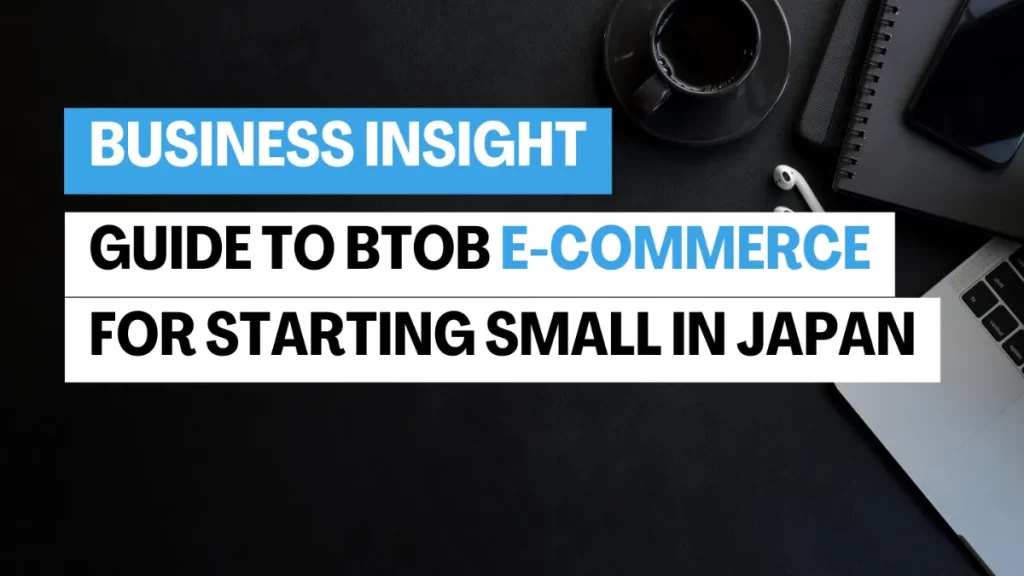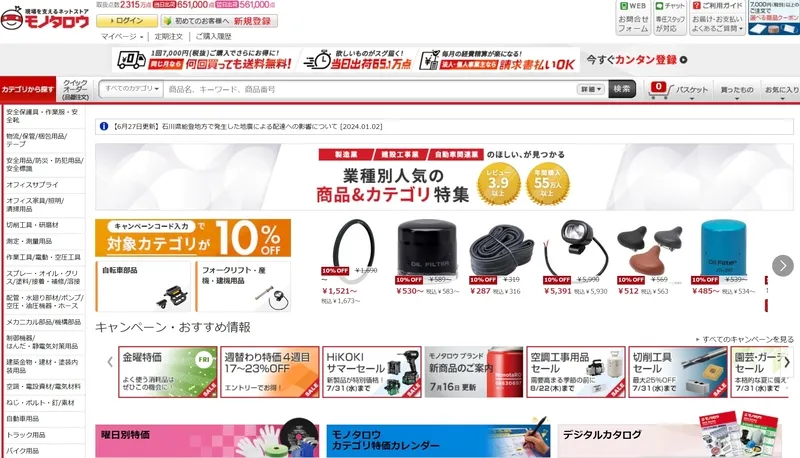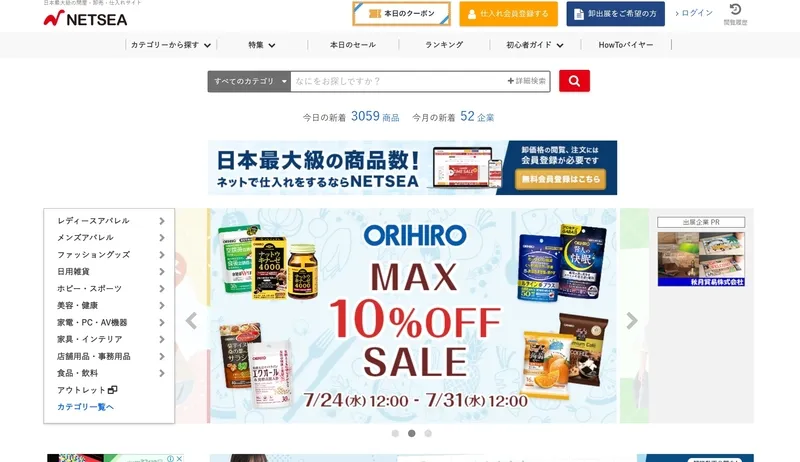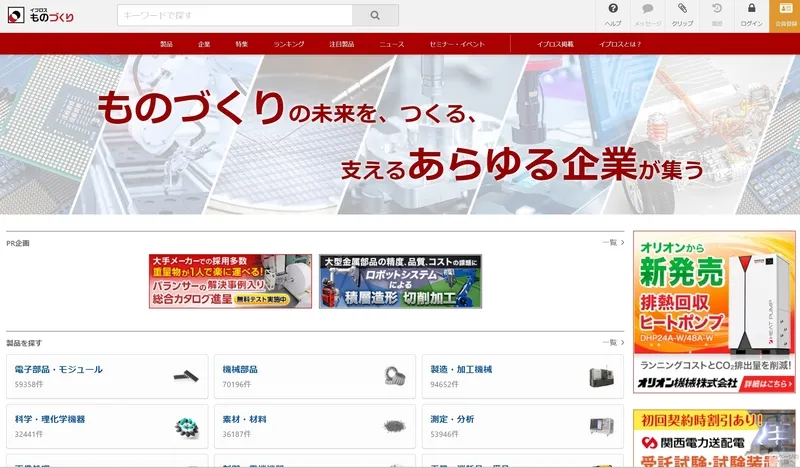
For overseas companies looking to expand into Japan, making an initial market entry is a significant challenge, especially in the B2B sector. Selecting the right e-commerce platform is key to success, but there are many things you would need to take care of like regulation, import, setting up inventory management and order fulfillment, marketing, and more.
This article explores two main types of e-commerce platforms, platforms, and self-hosted e-commerce, explaining their features and recommending best practices.
- Types of Platforms and Their Selection
- Platforms:
- Self-Hosted E-Commerce:
- Key Platforms
- Conclusion: Strategic Use of Online and Offline Approaches
Types of Platforms and Their Selection
Platforms:
These are large-scale markets where multiple companies congregate, allowing for rapid market access with minimal initial investment. Both manufacturers and wholesalers frequently use these platforms, which can sometimes create a chaotic marketplace. This type is particularly suitable for quickly building brand visibility in new markets.
Self-Hosted E-Commerce:
This setup involves integrating a shopping cart directly on your company website, which makes it easier to control your brand image and manage customer data, thus facilitating the building of long-term customer relationships. The flexibility in running promotions and the ability to directly observe customer responses make this type ideal for adjusting marketing strategies.
Key Platforms

Handles a wide range of office supplies and industrial equipment, enabling it to meet a wide variety of business needs.
- Advantage: Offers a wide range of products, catering to a broad set of business needs.
- Disadvantage: Dominated by Japanese companies, making it challenging for foreign enterprises to penetrate.

Specializes in a highly specialized product lineup, especially tools and supplies.
- Advantage: The application process for vendors is straightforward and accessible.
- Disadvantage: High competition and intense price wars due to many competitors.

Specializes in small to mid-size BtoB transactions and offers services optimized for specific industries.
- Advantage: Specialized in B2B, offering high expertise.
- Disadvantage: Faces similar issues with many rivals and the need for competitive pricing.

IPROS is NOT an e-commerce platform but a matchmaking platform
In addition to these e-commerce platforms, using a specialized information portal like IPROS can also be a strategic move.
IPROS serves as a valuable resource for companies looking to showcase their products and technologies and to facilitate business matchmaking within specific industries. It offers businesses a platform to engage in more targeted and effective B2B communications.
Conclusion: Strategic Use of Online and Offline Approaches
The choice of platform depends on your business strategy and market objectives. Online platforms can provide quick market access and reach a large customer base, but it can be difficult to gauge stakeholders’ reactions directly. Conversely, offline approaches like event marketing enable direct conversations and immediate feedback from stakeholders.
In Japan, where business culture values building trust through face-to-face interactions, having a presence at trade shows and industry events is highly valued. Event marketing allows you to establish direct connections and efficiently generate leads. These activities are essential for enhancing brand recognition and building long-term business relationships.

Nirik supports the entire process from selecting the right trade show to managing operations and follow-ups, ensuring that we can propose and implement the best activities for our clients. Combining online approaches with offline event marketing maximizes our impact in the Japanese market.
